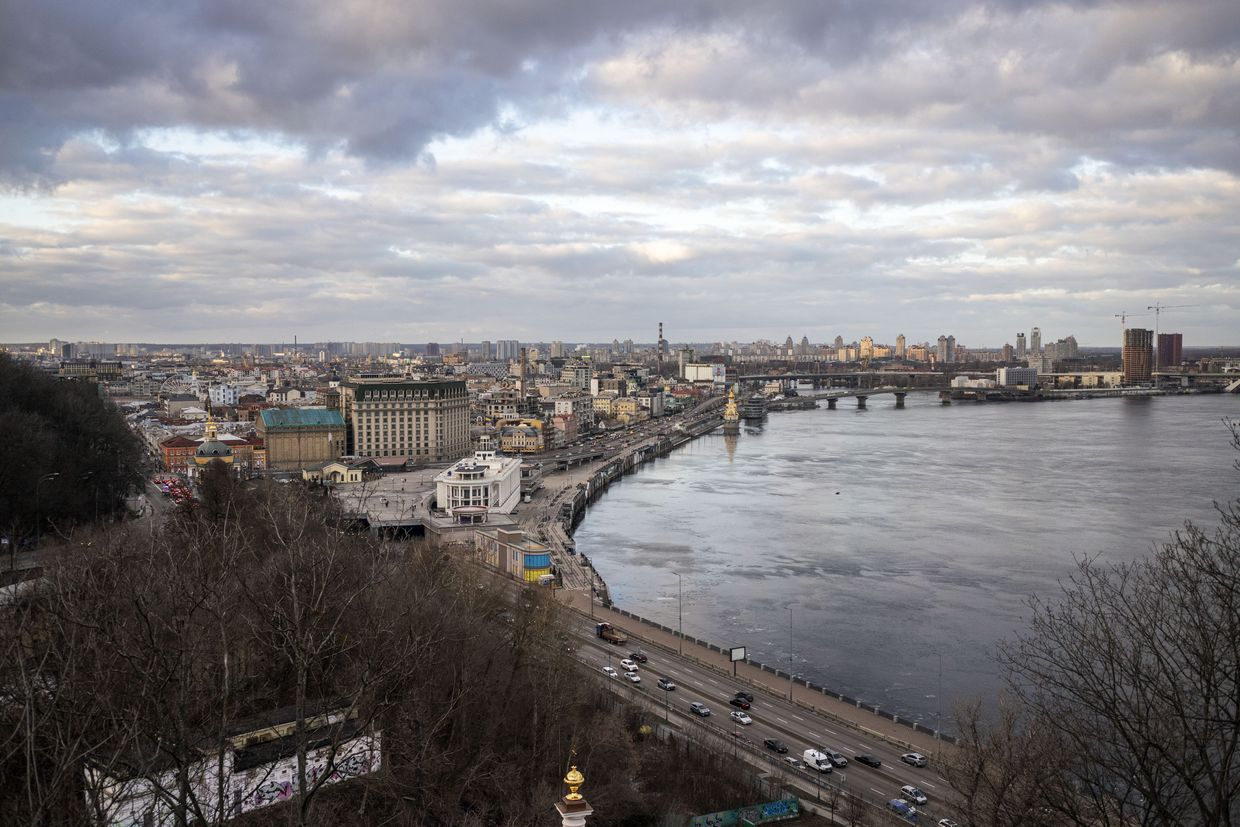Ukraine state-owned enterprises weekly — Issue 120s
Editor's Note: This is issue 120 of Ukrainian State-Owned Enterprises Weekly, covering events from Feb.
17-Feb.
23, 2024. The Kyiv Independent is reposting it with permission.
Corporate governance of SOEs
The Verkhovna Rada adopts the long-awaited law on the corporate governance of SOEs. On Feb.
22, the Verkhovna Rada passed the second reading of Draft Law No.
5593-d, aligning the SOE corporate governance framework with Organization for Economic Co-operation (OECD) and Development Guidelines The law introduces several key improvements of legal framework for SOEs, including:
- Establishing the exclusive power of the SOE's supervisory board to appoint and dismiss the CEO, even in SOEs owned or overseen by the Cabinet of Ministers (such as Naftogaz and Ukrzaliznytsia), and to approve the SOE's strategic and financial plans.
However, the law also contains a sunset clause for the approval of strategic and financial plans. Specifically, during martial law and for 12 months after its lifting, but not longer than three years, the Finance Ministry and the Cabinet will still be involved in approving financial and strategic plans for the most important SOEs.
- Granting that exclusive power of the SOE's supervisory board cannot be exercised by the ownership entity when there is no supervisory board.
- A similar sunset clause was introduced: The ownership entity may derogate from this rule during martial law and for 12 months after its lifting, but not longer than three years.
- Introducing new criteria for independence of supervisory board members to ensure their financial independence.
Specifically, one such criterion stipulates that remuneration of independent board members cannot be their only or main source of income.
This criterion was suggested and operationalized by SOE Weekly team member Oleksandr Lysenko to ensure market remuneration and prevent board members from losing their independence due to fear of losing their board position.
- Establishing an exhaustive list of grounds for the early dismissal of the SOE's supervisory board members. This prevents the Cabinet and other ownership entities from arbitrarily interpreting "improper performance of duties" by supervisory board members; such interpretations must be identified as part of the supervisory board evaluation.
Court extends detention of suspect in Defense Ministry corruption scandal The Kyiv Pechersk District court extended the detention of Lviv businessman Ihor Hrynkevych,who is under investigation for a large-scale corruption scheme, by one month.
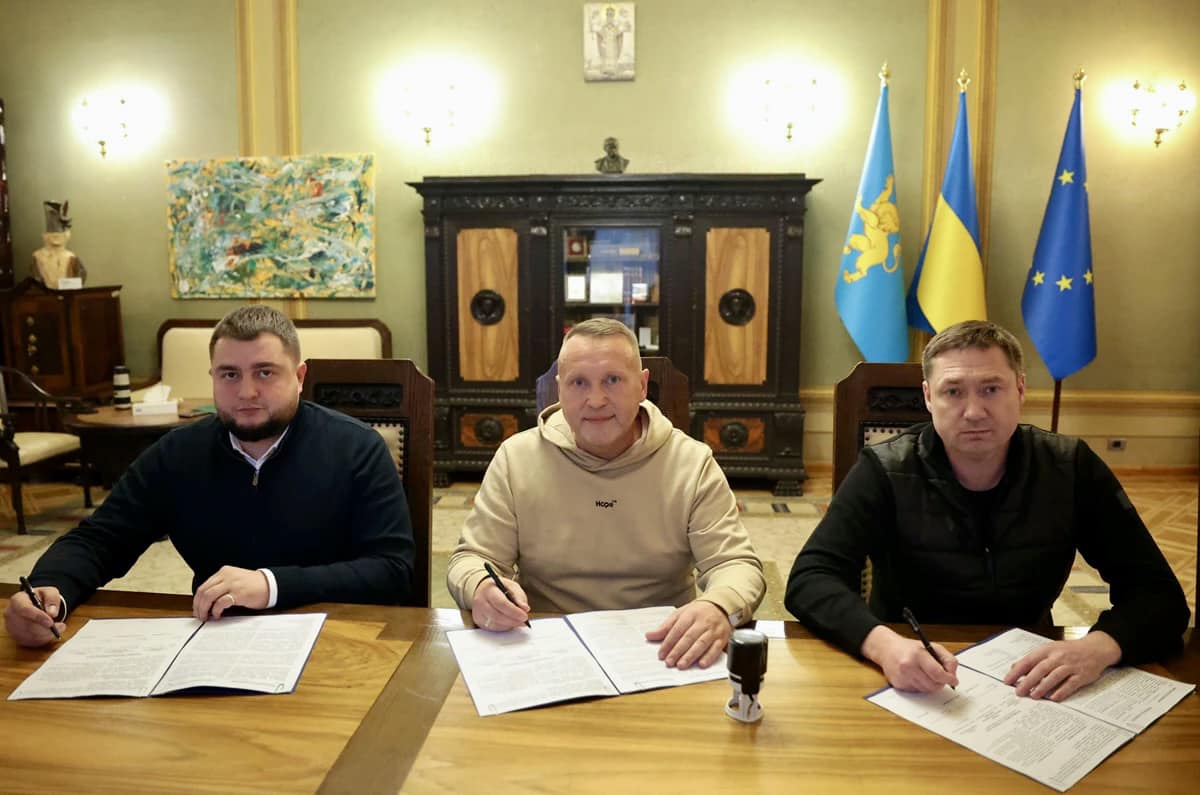
- Establishing an evaluation procedure for the supervisory boards of SOEs, requiring that such evaluations should be performed at least once every three years.
The law enables the Cabinet to define the procedures for these evaluations via the adoption of a Cabinet resolution, based on the requirements set in the law. These include a requirement that the evaluation results should be approved by the ownership entity based on:
- the opinion/report of an independent consultant, also defining the criteria when such an evaluation must be conducted by the consultant; or - self-assessment or explanation from the supervisory board.
- Abolishing the minimum dividend pay-out ratio for of SOEs and enabling the supervisory board to propose the amount of dividends to the ownership entity.
This should be defined according to the overarching SOEs' dividend policy to be further adopted by the Cabinet. This policy should ensure a balance between the short-term fiscal goals of the state and the long-term goals of SOEs.
However, there is a sunset clause for this rule: A minimum payout ratio of 30% will continue to apply to SOEs during martial law and for 12 months after its lifting, but not longer than for three years.
- Establishing a requirement for an overarching state ownership policy to be adopted by the Cabinet, which defines:
- the rationale for state ownership, including specific categories of SOEs that have public service obligations (PSOs) and their reimbursement; - criteria for the mandatory establishment of supervisory boards in SOEs;
- privatization plans; - SOE's transparency and disclosure requirements; and - the principle of separation of the state's functions as owner, policymaker, and regulator.
Zelensky unveils new 'Made in Ukraine' economic platform
"I am glad to announce today the launch of our new economic platform, and therefore a new economic policy - the Made in Ukraine policy," President Volodymyr Zelensky said at a forum in Kyiv on Feb.
26.
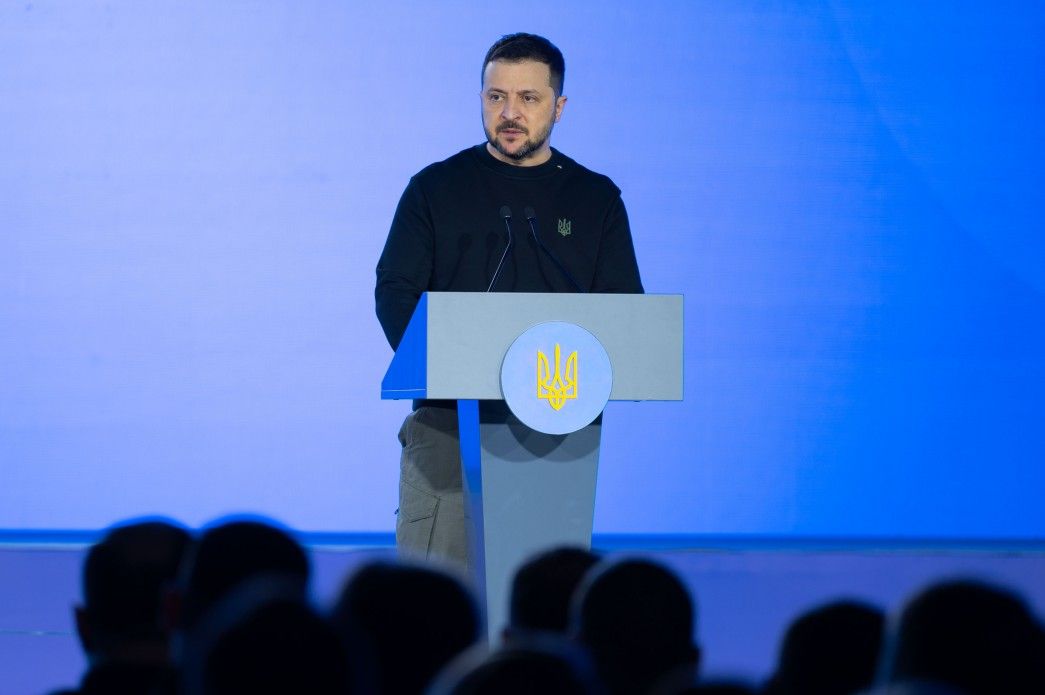
Based on the overarching state ownership policy, the ownership entity, in consultation with the SOE's supervisory board, should develop and approve a letter of expectations for specific SOEs. Oleksiy Sobolev, Deputy Economy Minister, emphasized the importance of adopting Draft Law No.
5593-d for international financial support of Ukraine, as the requirement to adopt the law is directly tied to: - the signing of a £1.5 billion loan agreement with the World Bank;
- two indicators in the EU' financial support program, linked to the disbursement of a EUR 600-million-euro tranche; and - the disbursement of additional tranches from the IMF, since part of the obligations and structural benchmarks with a deadline of October 2024 in the IMF Memorandum are contingent on the adoption of this law. Earlier, Dmytro Natalukha, Chair of the Verkhovna Rada's Economic Development Committee, the lead committee for this law, thanked all the involved stakeholders, namely:
- Deputy Chair of the Committee Oleksiy Movchan, who coordinated this work on behalf of the committee with stakeholders; - Ukrainian government and international partners (the US Embassy, EU, EBRD, and IMF) for their cooperation; - the OECD and Oleksandr Lysenko for providing expertise in implementing leading governance practices in Ukrainian law.
As we reported in Issue 117, according to updated IMF Memorandum, Draft Law No.
5593-d should be adopted by early 2024.
Yermak: Ukraine working to restore operations at one airport Ukrainian authorities are working to restore operations at one of the country's airports once security issues are addressed, Head of the Presidential Office Andriy Yermak said at the "Made in Ukraine" forum on Feb.
26, the Liga.net outlet reported.
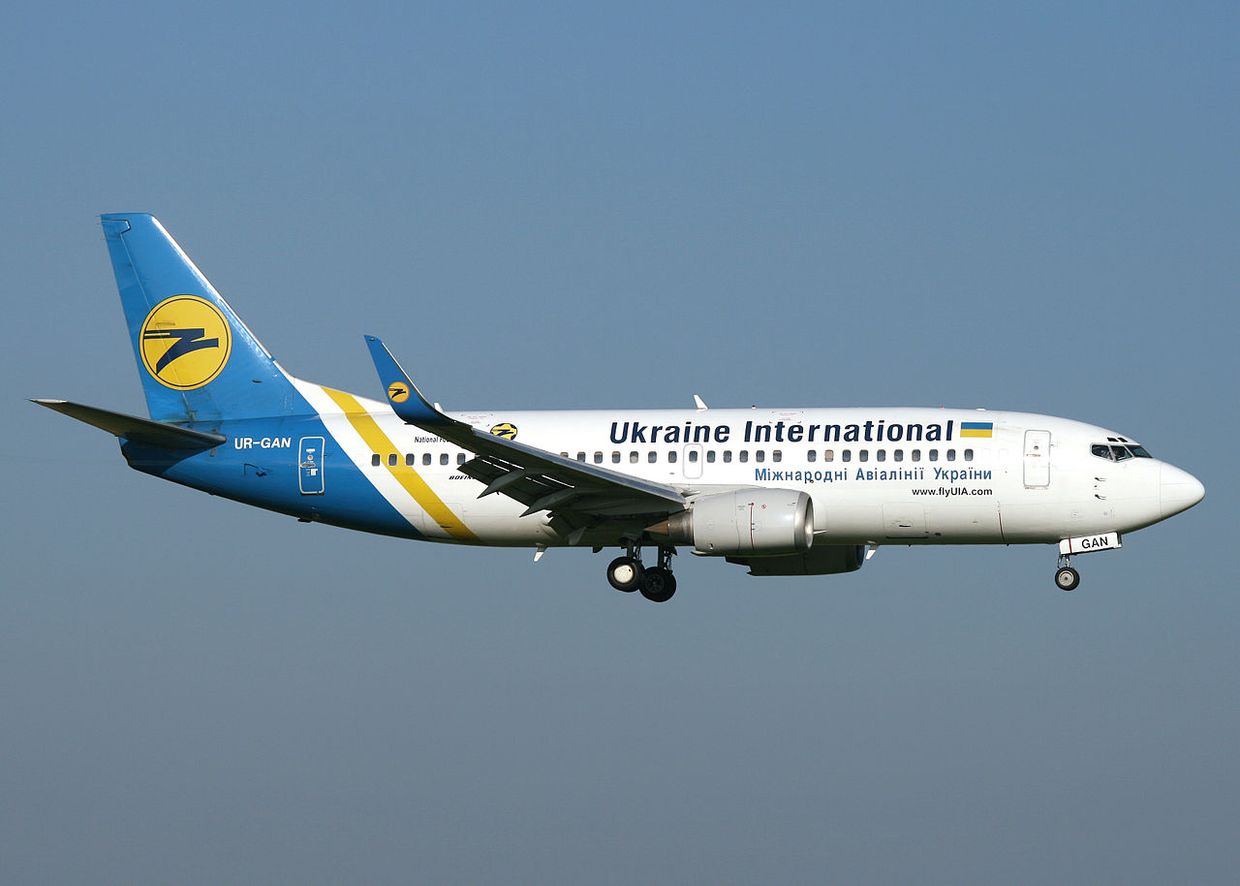
Two and half years ago (Issue 36), we reported that the Verkhovna Rada approved Draft Law No.
5593-d in the first reading on July 15, 2021. As we wrote in Issue 118, on Feb.
5, the Verkhovna Rada's Economic Development Committee recommended adopting Draft Law No.
5593-d. See Issue 118 for more detail.
- Privatization, bank board audits, railway rebuilds among top priorities for 2024. On Feb.
16, the Cabinet of Ministers approved the government's Priority Action Plan for 2024. We selected the plans that concern SOEs and state-owned banks.
- Ukrzaliznytsia. The Cabinet plans to restore railway infrastructure damaged by the full-scale war within a year. Ukrzaliznytsia and the Infrastructure Ministry are responsible for the implementation.
Seven traction substations must be rebuilt, starting with three at a time. They also have to rebuild two bridges.
The other capital investment is matching Ukraine's railway gauge to Europe's within a year. According to the Cabinet, the construction of a new 1,435-millimetre gauge railway from Chop station to Uzhhorod should be started.
Ukrzaliznytsia and the Infrastructure Ministry will design an overhaul of the Matseyiv-Kovel section (24.1 kilometres). As we reported in Issue 97, the EU published a strategy for Ukraine's rail system transition to the European track. According to the document, the main challenge is the need to build a new 1,435-millimetre gauge mainline network in Ukraine, which will operate in parallel with the current 1,520-millimetre gauge network.
See Issue 97 for more detail.
- State-owned banks. The Finance Ministry has until December to develop and submit a law on authorized capital, with the goal of reducing the government's stake in the sector.
As we reported in Issue 116, on Jan.
24, Yuriy Draganchuk, Deputy Finance Minister, told Ekonomichna Pravda (EP) that late last year, foreign investors expressed interest in privatizing two Ukrainian state-owned banks, Ukrgasbank and Sense Bank. See Issues 116 and 119 for more detail.
Ukrenergo: Backup power line restored at Zaporizhzhia nuclear plant The company reported that the overhead line had been heavily damged by Russian shelling on Feb.
20.
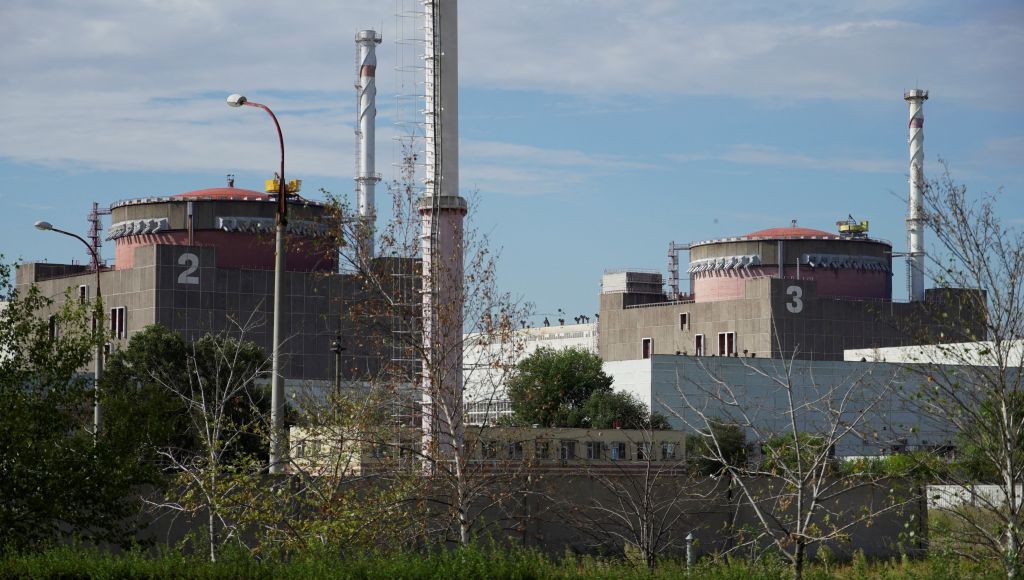
The Finance Ministry also must develop and submit a methodology for the performance assessment of state-owned banks' supervisory boards.
- SOEs. The Economy, Energy, and Infrastructure ministries must ensure that the supervisory boards of SOEs of particular economic importance are formed and updated during the year.
The list of SOEs of particular economic importance includes 16 entities and can be found here.
- Privatization. The State Property Fund of Ukraine (SPFU) must sell 300 small-scale assets and at least one large asset.
As we reported in Issue 114, SPFU failed in its 2023 privatization revenues plan. Also, in 2023, only small-scale privatization auctions were held, with no large-scale privatization deals made. See Issue 114 for more detail.
- Land bank. A transparent market to lease state agricultural land must be up by May.
An authorized state land lease operator must be appointed, and the lease mechanism itself should be launched via electronic auctions.
As we reported earlier, the SPFU was working out plans to launch a land bank to centralize all state-owned agricultural land into a single entity for long-term leasing. For more detail, see Issue 93. Competitive selection for the seventh supervisory board member for Ukrenergo coming by the end of the month, Oleksii Sobolev, Deputy Economy Minister, told Interfax-Ukraine.
"We are interested in finding all the supervisory board members as soon as possible, but at the same time, we want... to be transparent, and give a chance to all willing participants," he said. As we reported in June 2023 (Issue 95), the Cabinet of Ministers had yet to select and approve one independent member for Ukrenergo's supervisory board, more than a year after Dejan Ostojic's termination of powers, in April 2022.
Funding delays threaten USAID projects for Ukraine The funding delay threatens USAID projects aimed at integrating Ukraine's railways into the European rail network and protecting Ukrainian farmers, among other humanitarian programs.
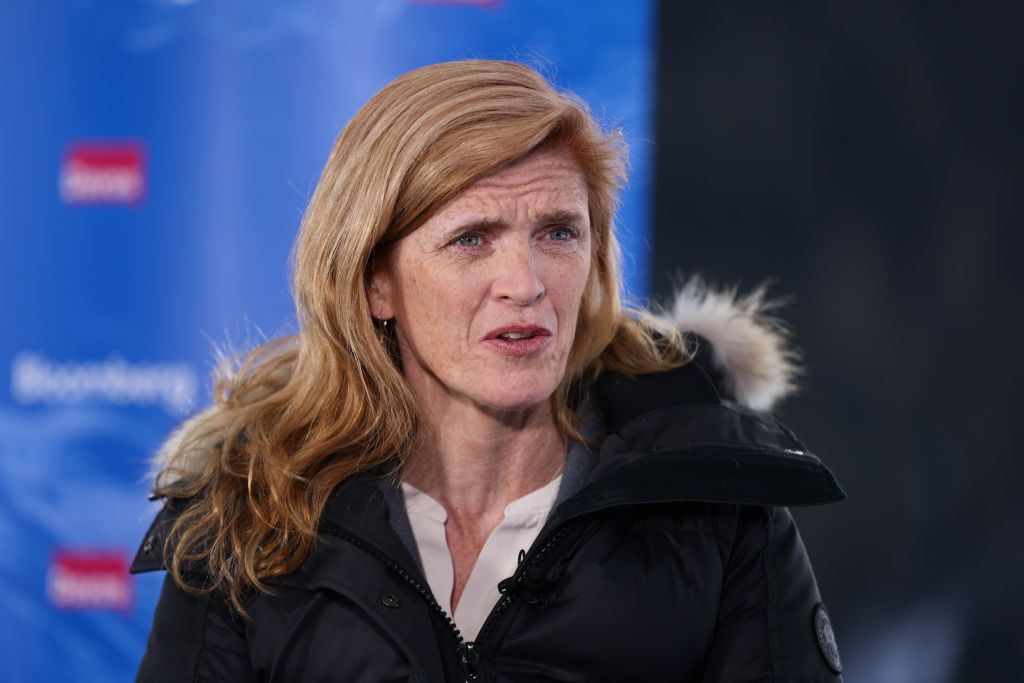
The Law on Management of Objects of State Property requires that the supervisory board of an SOE should have a majority of independent members.
According to Ukrenergo's charter, the supervisory board should consist of seven members: four independent members and three state representatives. According to the current information on Ukrenergo's website, the supervisory board now has three independent members (Peder Andreasen, Daniel Dobbeni, and Roman Pionkowski) and three state representatives (Yuriy Boyko, Yuriy Tokarskyi, and Oleksandr Baraniuk). Hence, independent members do not constitute a majority of the board, which does not meet the requirements of the law or Ukrenergo's charter.
Since April 2022, the Cabinet has not indicated why the missing independent member has not been appointed to date, or who that person would be. As we also reported, Ukrenergo's supervisory board appeared to have no chairperson and no committees. See Issue 95 for more detail.
In Issue 100, we reported that, on Aug.
28, 2023, Ukrenergo's supervisory board elected its independent member Daniel Dobbeni as the new chairperson. See Issue 100 for more detail. In Issue 104, we wrote that the White House sent Ukraine a list of priority reforms, which, among other things, included appointing a seventh member to Ukrenergo's supervisory board.
The National Bank of Ukraine (NBU) approved Oleksii Stupak's appointment as Sense Bank's CEO on Feb.
15, Sense Bank reported. As we wrote in Issue 115, on Dec.
30, 2023, Sense Bank reported that its supervisory board had elected Stupak as the bank's new CEO following a competitive selection. According to Sense Bank, Stupak has 21 years of experience in the banking sector.
He started in 2002 at Pravex Bank, where he was responsible for corporate and VIP clients. Since 2008, he held senior positions at Credit Agricole Ukraine.
Sanctions for show: Russian oil sales to China, India single main driver of Ukraine invasion As Western sanctions designed to cripple Russian energy exports barely slow them down, the Kremlin continues to make enough money to keep its war against Ukraine going indefinitely, just by selling oil to China and India.
After pivoting away from Europe, Moscow found enthusiastic buyers in Beijing...
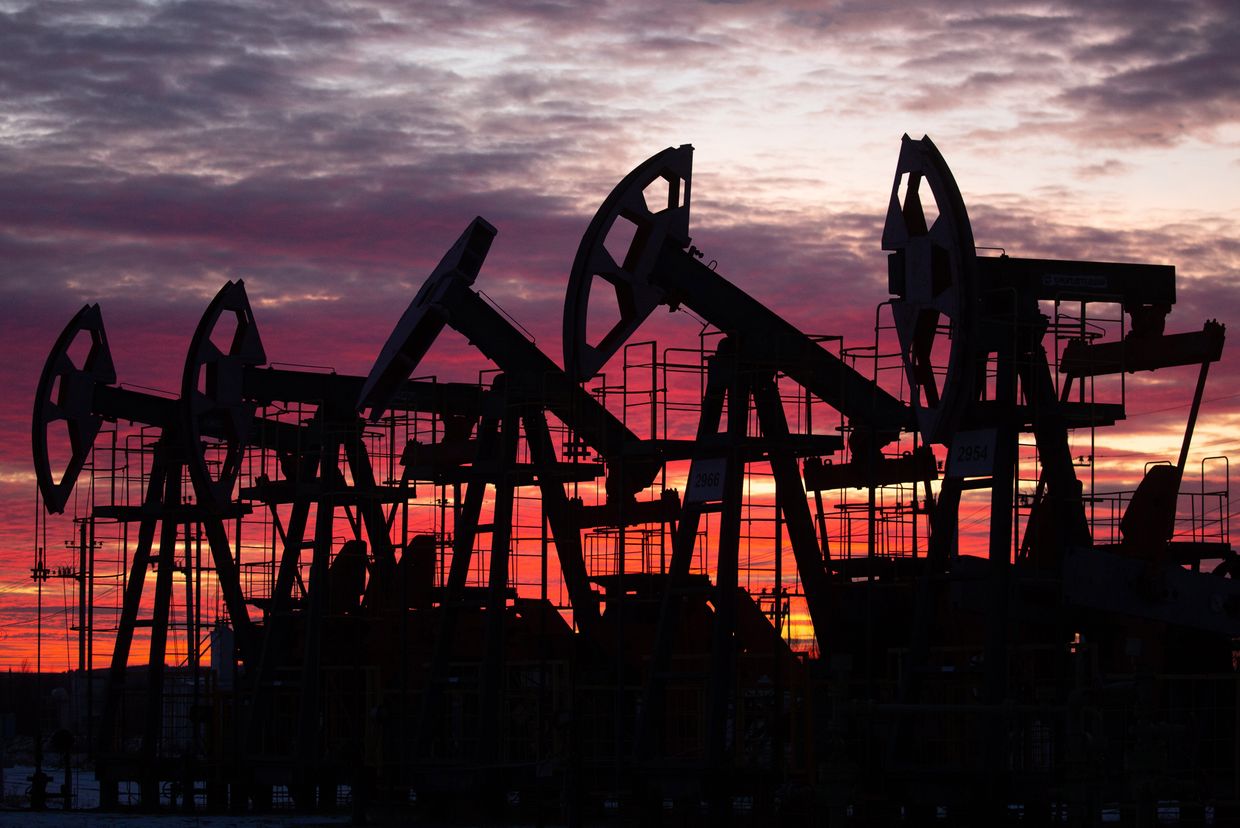
Stupak joined Sense Bank in June 2019. He worked as corporate business director, then ran the Corporate Investment and the Small and Medium Business divisions. As we reported in Issue 98, Sense Bank, previously owned by sanctioned Russian oligarchs Mikhail Fridman, Petr Aven, and Andrey Kosogov, was nationalized in late July 2023.
On July 23, the Individuals Deposit Guarantee Fund (DGF) appointed the supervisory and executive boards of Sense Bank, based on proposals from the Finance Ministry, with the approval of the NBU. On July 24, Sense Bank announced the start of work of the new executive and supervisory boards. See more in Issue 98.
As we wrote in Issue 100, as soon as Aug.
14, 2023, Sense Bank reported that its CEO Dmytro Kuzmin resigned for personal reasons. Deputy CEO Olena Zubchenko then started temporarily acting as CEO.
Energy sector
European traders earned about £320 million thanks to Ukraine's underground storage facilities. According to The Economist, Ukrainian gas storage helped Europe get through another winter.
The EU's underground capacity was almost full and parking the gas in tankers offshore would have been expensive, so traders decided to pump 3 billion cubic meters of natural gas to Ukraine's storage facilities. Ukraine's generous customs regime for short-term storage and guarantee that the gas was exempt from emergency requisition gave traders extra incentive to keep the EU's reserves stocked, pushing down prices. Ukraine has the continent's second-largest gas-storage capacity, after Russia, with 33 billion cubic meters capacity.
This dwarfs Poland by a factor of ten. The Soviet-built space is way bigger than Ukraine could ever need for itself. Prime Minister Denys Shmyhal said that he wanted to turn country into Europe's "gas safe."
Infrastructure Ministry: 93% of Ukrainian agricultural exports exit Ukraine by sea, river
Ukrainian farmers have exported 93% of their products through the ports in and around Odesa and on the Danube since August 2023, Ukraine's Infrastructure Ministry reported on Feb.
23.
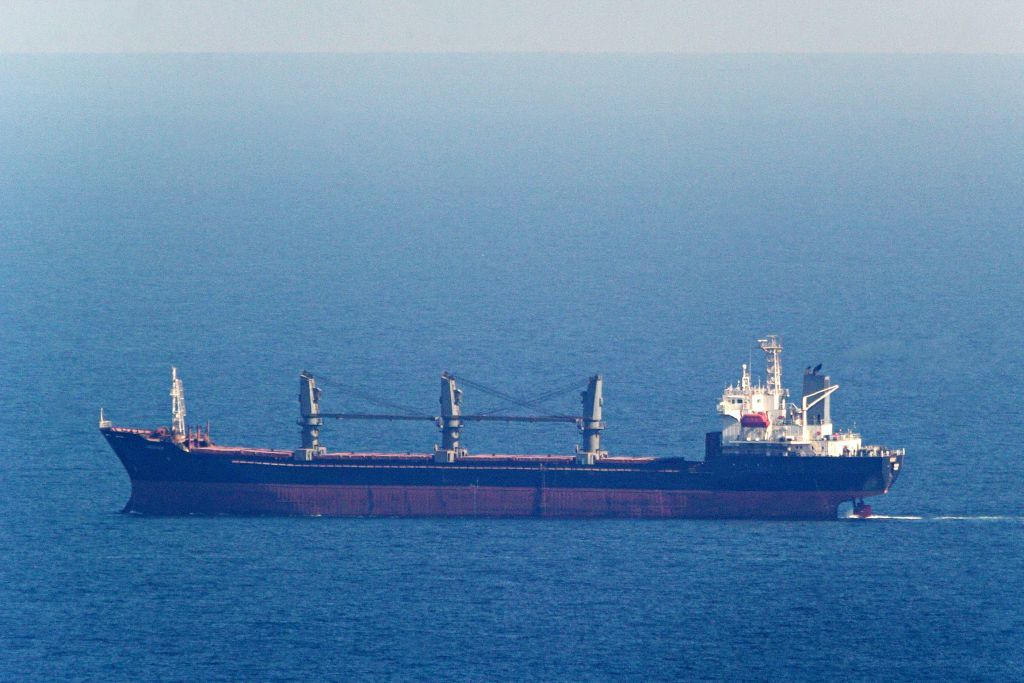
According to Naftogaz, foreign traders and energy companies stored 2.5 billion cubic meters of gas in Ukraine in 2023. Naftogaz aims to increase this to 4 billion cubic meters in 2024. Naftogaz said that this year, Ukraine offered foreign customers up to 10 billion cubic meters of storage capacity, which is a third of Ukraine's total underground storage capacity.
On Feb.
21, Naftogaz also reported that the gas storage operator Ukrtransgaz, a Naftogaz subsidiary, and the Gas Transmission System Operator of Ukraine (GTSOU), would run stress tests to confirm the reliability of the country's gas transportation system and underground storage facilities amid shelling and the potential cessation of Russian gas transit. The results of this review would be disclosed at the end of April 2024. The assessment will be done by an independent working group including representatives from USAID's Energy Security Project, the Energy Community Secretariat, Joint Research Centre of the European Commission, GTSOU, Naftogaz, Ukrtransgaz, and international technical experts, the company said.
As we wrote in Issue 83, Ukrtransgaz completed its certification under new EU gas storage regulations in April 2023. See Issue 83 for more detail.
Defense
UDI to cooperate with two German defense companies. On Feb.
17, Ukrainian Defense Industry (UDI) reported that it signed a memorandum on cooperation with the arms manufacturer Dynamit Nobel Defence GmbH. According to UDI, Dynamit Nobel Defence (DND) is a German arms manufacturer, a subsidiary of the Israeli company Rafael.
The company was founded in 1865 by Alfred Nobel. On Feb.
20, UDI announced a partnership with MBD Deutschland, a leading company in the development and production of missile systems. They will cooperate to develop anti-drone air defenses and other tech.
As we reported in SOE Weekly's Issue 115, UDI announced a partnership with four Lithuanian defense companies: NT Service, Brolis Semiconductors, RSI Europe, and DMEXS. As we wrote in Issue 114, during 2023, Ukrainian state-owned defense companies reported that they started manufacturing new weapons and signed cooperation and joint production contracts with various counterparts in NATO member states. See Issues 74, 79, 88, 91, 97, 105, 108, and 111 for more detail.
Ukrainian SOE Weekly is an independent weekly digest based on a compilation of the most important news related to state-owned enterprises (SOEs) and state-owned banks in Ukraine. The contents of this publication are the sole responsibility of the editorial team of the Ukrainian SOE Weekly. The SOE Weekly is produced and financed by Andriy Boytsun.
Communications support is provided and financed by CFC Big Ideas. The SOE Weekly is not financed or influenced by any external party. Editorial team: Andriy Boytsun, Oleksiy Pavlysh, Dmytro Yablonovskyi, Oleksandr Lysenko, and Mariia Kramar.
Private equity firm attracts £350 million to support Ukrainian businesses, exceeding target by £100 million
Private equity firm Horizon Capital has attracted £350 million to support Ukrainian businesses through the Horizon Capital Growth Fund IV (HCGF), the company announced on Feb.
23.
